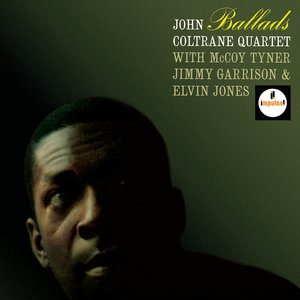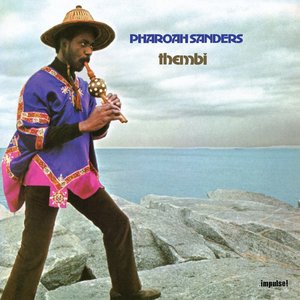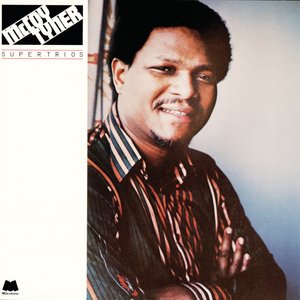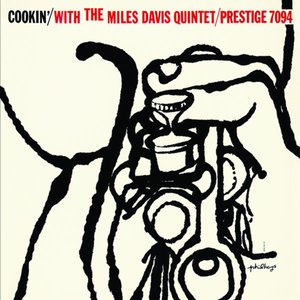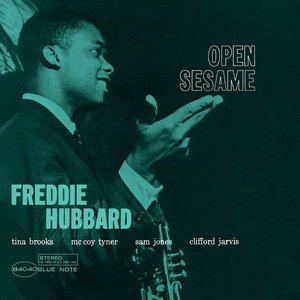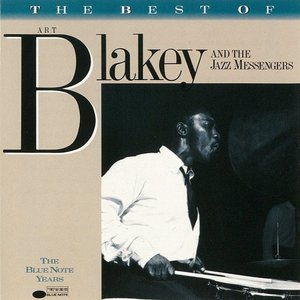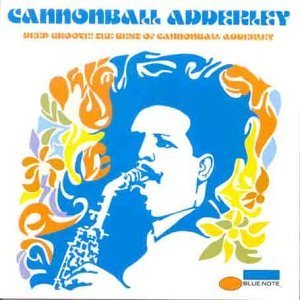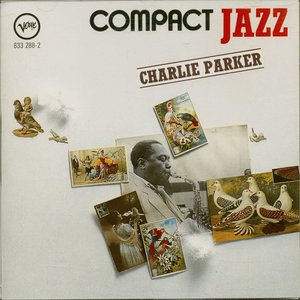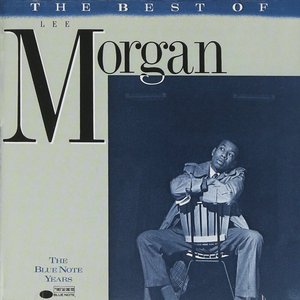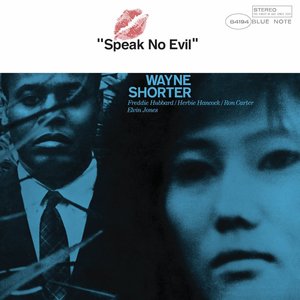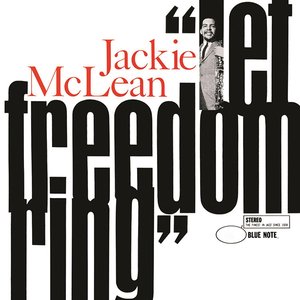Wiki
-
Release Date
1967
-
Length
2 tracks
Om is a posthumously-released album by John Coltrane, recorded on October 1 1965, the day after the recording of Live in Seattle, and featuring the same players with the addition of Joe Brazil. It consists of a single 29-minute work broken into two parts when released on LP, and was included on The Major Works of John Coltrane, a compilation CD released in 1992.
Om was issued by Impulse! in 1968. The title refers to the sacred sound and spiritual symbol in Indian religions. Coltrane described Om as "the first vibration - that sound, that spirit, which set everything else into being. It is The Word from which all men and everything else comes, including all possible sounds that man can make vocally. It is the first syllable, the primal word, the word of power." The recording begins and ends with the musicians chanting in unison a verse from chapter nine of the Bhagavad Gita:
Rites that the Vedas ordain, and the rituals taught by the scriptures, all these I am, and the offering made to the ghosts of the fathers, herbs of healing and food. The mantram. The clarified butter. I, the oblation and I, the flame into which it is offered. I am the sire of the world, and this world's mother and grandsire. I am he who awards to each the fruit of his action. I make all things clean. I am Om!
In the liner notes, Nat Hentoff wrote: "It may be that to break the circumscribed limits of conventional hearing, the ear must be propelled to hear sounds and pitches it has rejected in the past, just as compassion is not come by in conventional comfort. And once heard and absorbed, these sounds lead to further extensions of listening and feeling capacities… In so far as one can ever advise anyone else in how to listen, I would suggest that they start by not worrying about how it is all structured, where it's leading. Let the music come in without any pre-set definitions of what jazz has to be, of what music has to be."
Background:
Om was recorded the day after Coltrane and his band played live in Seattle, as documented by recording engineer (and sometime drummer) Jan Kurtis. The next day the whole band traveled to Kurtis' studio, Camelot Sound Studios, in a rented house in Lynnwood, to record Om.
It is believed that Coltrane was using LSD during the recording, though this is disputed.
(Lewis Porter wrote that "Coltrane may have been tripping on LSD when he recorded Om. It is certain that he did begin using LSD around this time, "according to four reliable sources, speaking off the record.") According to Eric Nisenson, Coltrane, "clearly embarrassed by Om, instructed Bob Thiele that he never wanted it released."However, Thiele, the director and producer of Impulse!, did release it in 1968 to capitalize on Coltrane's death and on the growing psychedelic rock scene at the time. Upon its release, "a copy was almost immediately placed in the window of the Haight-Ashbury Psychedelic Shop."
Reception :
Opinions regarding Om have been mixed. David Nelson McCarthy called it "Coltrane's only major release of questionable quality… featuring screechy playing and moaning vocals, this is for true believers and historical interest only." Ben Ratliff described it as "a fairly disjointed, agitated, muddy, twenty-nine-minutes catharsis." An Allmusic review by Stacia Proefrock commented: "Condemned by many critics as John Coltrane's worst album, Om suffers only in comparison to the great works that preceded it… Om… seems… like a pure release of energy… Regardless of its seeming chaos, this is a deeply spiritual work… Om resonates with passion and yearning, but has a frantic edge that suggests that opening up to all of that powerful spiritual energy might have been a frightening experience… Om doesn't deserve the dismissal it has been given by critics. It is an important work in the history of free jazz that opens up considerably by the end of its 29 minutes, revealing the expansive contents of a jazz master's mind." Guerino Mazzola and Paul Cherlin wrote that "Compared to the other LPs of that year (1965), Om lives on another planet… This journey is not for beginners… It would be fair to listen to this performance without any reference to jazz or to any other disciplined utterance of music.
Album descriptions on Last.fm are editable by everyone. Feel free to contribute!
All user-contributed text on this page is available under the Creative Commons Attribution-ShareAlike License; additional terms may apply.

